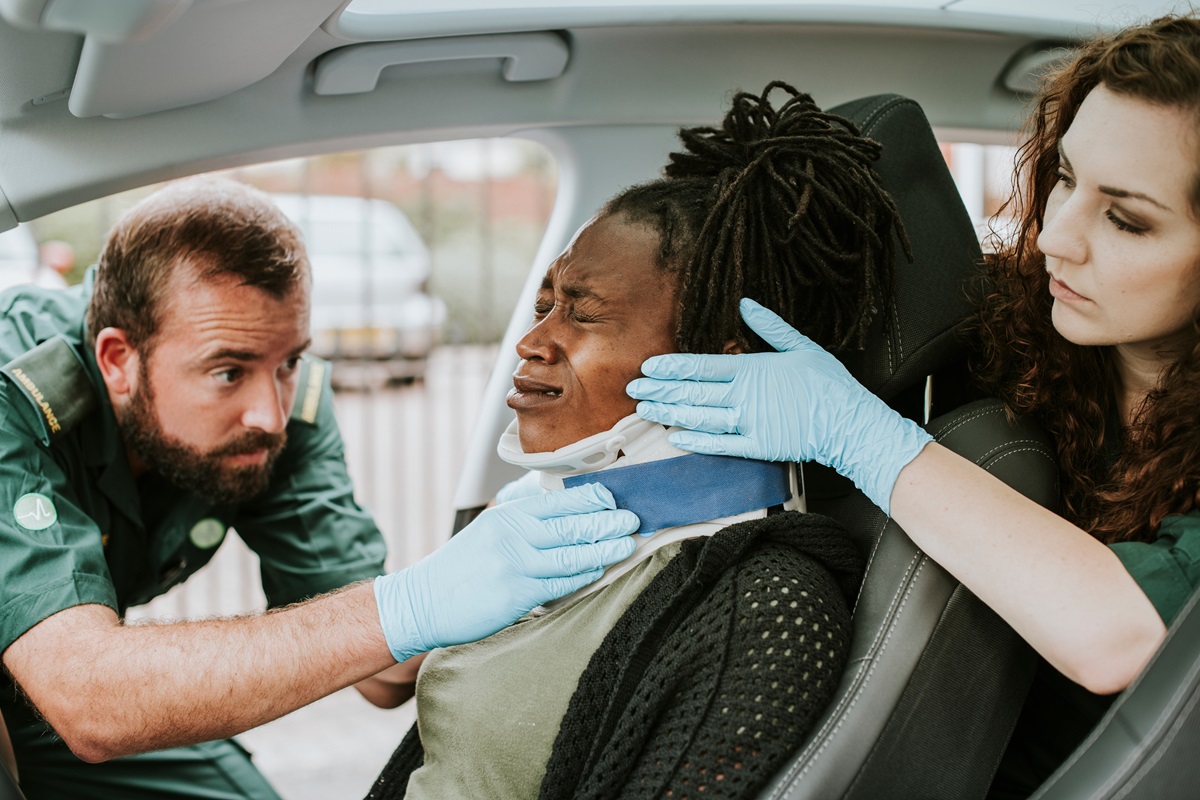Contents of this Post
ToggleNavigating the complexities of severe injury claims following an accident can be challenging. Understanding these claims is crucial, as they often involve substantial medical costs, potential long-term care, and significant emotional and financial impact.
Empowering oneself with knowledge and preparedness can make a critical difference in the aftermath of a traumatic event. This guide demystifies the process, offering clear, step-by-step advice to ensure rightful compensation and support.

Understanding Your Rights
In the context of severe injury claims, it’s vital to grasp your entitlements under the law. This includes compensation for immediate and future medical costs, reimbursement for lost earnings due to incapacitation, and damages for pain and suffering.
The legal framework varies by jurisdiction, influencing the scope of your rights. Key aspects include understanding the statute of limitations, which dictate the timeframe within which you must file a claim. Additionally, the nature of recoverable damages, whether economic (like medical bills and lost wages) or non-economic (like pain and suffering), is critical to comprehend.
Furthermore, the principle of fault or negligence plays a pivotal role; that is, understanding whether your jurisdiction follows comparative or contributory negligence rules will significantly impact your ability to claim and the amount of compensation you can receive.
Navigating severe injury claims can be complex due to the state’s unique legal landscape. An experienced accident lawyer NY can help you understand your rights, gather necessary evidence, and negotiate with insurance companies to ensure fair compensation.
Seeking Medical Attention
Post-accident, immediate and comprehensive medical attention is crucial. It serves two purposes: ensuring your health and well-being and providing a solid foundation for your injury claim.
Initial medical reports should capture the immediate impact of your injuries, while ongoing treatment records reflect the progression and long-term implications. In some cases, expert medical opinions may be necessary to elucidate the extent of injuries and future medical needs. This documentation is indispensable in substantiating the injury claim.
Rehabilitation costs can be a major component of a severe injury claim. It’s important to document both current and projected rehabilitation needs. This might involve collecting medical expert opinions and detailed treatment plans.
These costs should be included in your claim to ensure that you can afford the necessary treatment for a full recovery. Your lawyer can assist in demonstrating how the injuries have impacted your life and the necessity of these rehabilitation expenses for your long-term health and well-being.
Documenting The Accident And Injuries
Effective documentation is key to establishing your claim, especially in the aftermath of a car accident in San Antonio and other areas.
Start by photographing the accident scene from various angles, capturing all vehicles involved, road conditions, traffic signs, and any relevant environmental factors. Collect physical evidence, such as pieces of debris or damaged personal belongings.
Witness statements are equally crucial; gather contact information and ask witnesses to describe what they saw. Their accounts can provide invaluable perspectives on the incident. Obtain official reports, like a police report, which provide an authoritative description of the accident and can be pivotal in establishing liability.
Properly documenting these aspects lays a strong foundation for your injury claim, helping to prove the extent of your injuries and the other party’s liability.
Navigating Insurance Claims
Dealing with insurance companies requires a strategic approach. Begin by thoroughly understanding your insurance policy, including coverage limits and the process for filing a claim.
When filing, provide detailed information about the accident and your injuries. The insurance company will then assess the damages, a process that often involves inspection of your vehicle, review of medical reports, and possibly an independent medical examination.
It’s important to negotiate effectively; do not accept the first settlement offer if it doesn’t adequately cover your losses. Be aware of tactics insurers might use to minimize payouts, like disputing the severity of your injuries. Patience and persistence, often with the aid of a lawyer, can lead to a more favourable settlement.
Legal Representation
In severe injury cases, choosing the right attorney is critical. Look for a lawyer with extensive experience and a strong track record in personal injury law. A good attorney will navigate the complex legal landscape, advocating on your behalf and maximizing your compensation.
Typically, personal injury attorneys operate on a contingency fee model, which entails payment only upon the successful resolution of your case. Your lawyer will handle every facet of your claim, ranging from discussions with insurance firms to potential courtroom representation.
They can also help manage timelines, anticipate challenges, and guide you through the legal procedures involved in your case.
Settlements And Going To Court
Deciding between a settlement and going to court is a significant aspect of your claim. Settlements are generally quicker and less stressful, but they might offer less compensation than what could be awarded in court. Court proceedings have the potential for higher compensation but are more time-consuming, expensive, and uncertain.
Weigh these options carefully with your attorney, considering the strength of your case, your personal circumstances, and your willingness to endure a potentially lengthy court process. An experienced lawyer can provide valuable insight into which route may be more advantageous in your specific situation.
Takeaway
Understanding legal rights, securing detailed medical documentation, and effectively navigating insurance complexities are crucial for handling severe injury claims. Legal representation becomes indispensable in ensuring a fair resolution, especially in cases involving intricate rehabilitation costs or court proceedings. These insights empower individuals to protect their rights and well-being, guiding them towards a comprehensive and just recovery.

